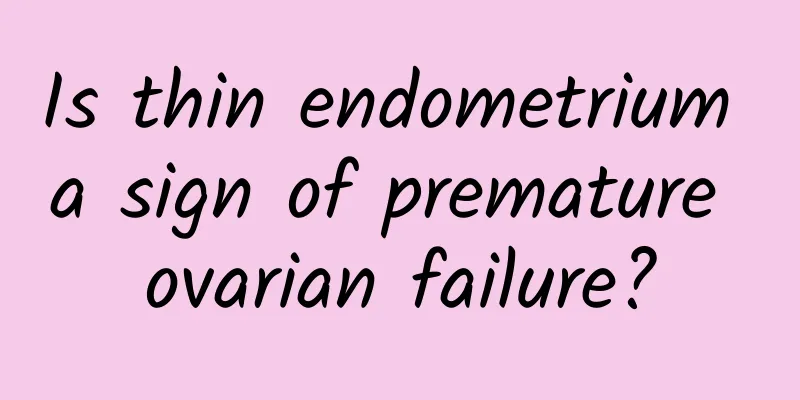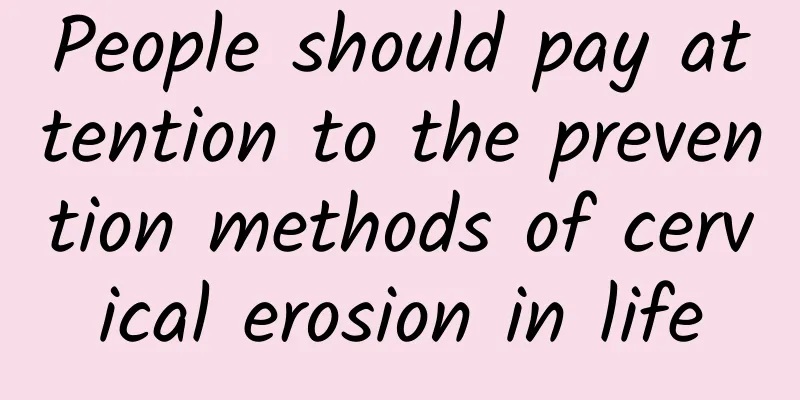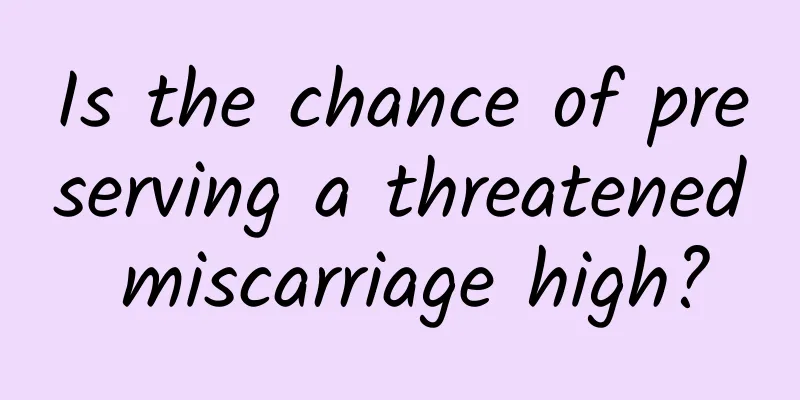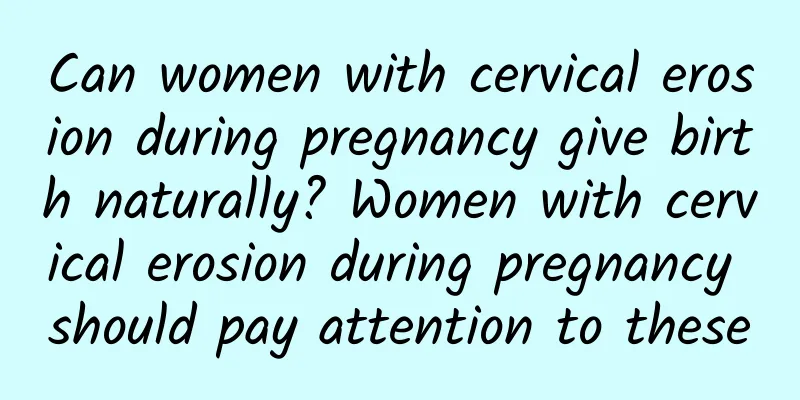Is thin endometrium a sign of premature ovarian failure?

|
Thin endometrium is not equivalent to premature ovarian failure, but it may be related to it. Thin endometrium is usually affected by hormone levels, while premature ovarian failure is a complex reproductive problem caused by abnormal ovarian function. The relationship between the two needs to be further examined and determined. Improving thin endometrium includes drug treatment, lifestyle intervention and traditional Chinese medicine conditioning. 1 What are the possible causes of thin endometrium? Thin endometrium is often associated with insufficient estrogen secretion, which is usually caused by poor ovarian function, imbalanced hormone levels, or long-term use of contraceptives. Repeated damage to the endometrium, such as multiple abortions and curettage, may cause a decrease in the endometrial repair ability. External environmental factors such as excessive stress and unhealthy diet may also have a negative impact on the condition of the endometrium. 2 Physiological manifestations and causes of premature ovarian failure Premature ovarian failure refers to the decline of ovarian function in women before the age of 40, which leads to endocrine disorders, which may manifest as menstrual disorders, hot flashes, night sweats, infertility, etc. Its cause can be attributed to genetic factors such as chromosomal abnormalities, immune abnormalities such as autoimmune diseases, ovarian trauma or surgical injuries, etc. 3 How to diagnose and treat the relationship between the two Thin endometrium does not necessarily mean premature ovarian failure, but if women also have symptoms such as amenorrhea and infertility, it is recommended to be diagnosed under the guidance of a professional doctor. Hormone level tests such as estrogen and follicle-stimulating hormone levels, and B-ultrasound assessment of ovarian size and follicle status can assist in the judgment. If it is premature ovarian failure, supplemental hormone therapy such as estrogen and progesterone may be needed to improve endometrial thickness and relieve symptoms. 4How to improve thin endometrium 1Drug treatment: Your doctor may recommend estrogen drugs such as Progynova or follicle-stimulating agents to regulate hormone levels. 2 Lifestyle intervention: Moderate intake of foods rich in vitamin E and folic acid such as nuts and spinach and maintaining a regular schedule are beneficial to uterine health. 3. Traditional Chinese medicine conditioning: Traditional Chinese medicine such as mugwort or angelica can improve the condition of the endometrium by promoting blood circulation and improving the uterine microenvironment, but it must be used under the advice of a doctor. Thin endometrium and premature ovarian failure may occur independently or be related. The specific diagnosis needs to be made by a professional doctor. If you find related symptoms, do not blindly treat them yourself. Seeking medical attention in time is the best choice to protect your health. |
<<: What to do if your uterus is prolapsed
>>: Can I eat longan meat if I have uterine fibroids?
Recommend
Reasons for delayed menstruation in women, why is menstruation delayed for one month
Here is what I share with you about why menstruat...
Due to the hot weather, a female college student gained 5 kilograms in one month due to eating too much! Medical disclosure: 3 major reasons why it is easy to gain weight in summer
The weather is hot, your appetite is poor, and ea...
You get hungry quickly in winter! Nutritionists recommend 3 afternoon teas that won’t make you fat
I’m so hungry~ In winter, the appetite is strong,...
What complications may occur after painless abortion?
Many women with unexpected pregnancies will try p...
What are the dangers of irregular menstruation?
Every woman has her menstrual period once a month...
What are the symptoms of cervical warts?
Cervical warts refer to a type of sexually transm...
Paper Man Elegy! Jolie is so skinny that she is just a bag of bones... She cut her throat to lose weight and is now only 29 kg. She hasn't had her period for 3 years...
Foreign media recently reported that Hollywood ac...
What are the dangers of female abortion? There are six major risks for girls to have abortion
Nowadays, the phenomenon of young people living t...
How is endometriosis diagnosed?
For women, some gynecological diseases are the mo...
Diagnosing uterine fibroids
Diagnosis of uterine fibroids: Uterine fibroids c...
The best abortion hospital in Beijing!
Beijing abortion hospital rankings are the best h...
Hot weather, no appetite! 3 kinds of appetizing rice balls DIY
The weather is getting hotter and hotter. Many pe...
Licorice can treat menopausal symptoms in women
Menopausal women will experience menstrual disord...
High-fat diet is harmful to the stomach nerves and makes it more difficult to lose weight
After working so hard to lose a few kilograms, th...
Common menstrual irregularities in daily life
In modern society, women often experience irregul...









